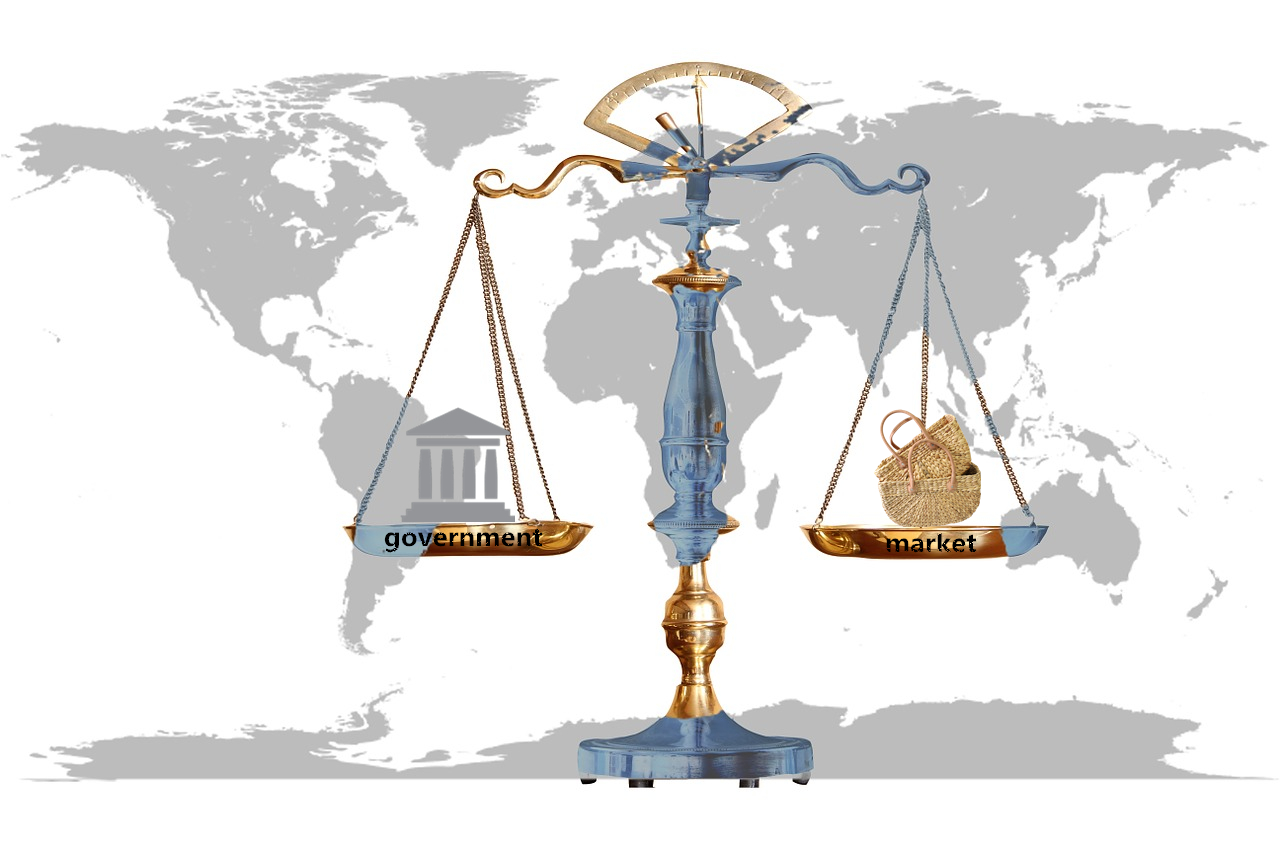Economic law fuels social governance

Economic law regulates the relationships linking government, enterprises and the market, coordinating the visible and the invisible hand.
Despite its late start, the development of economic law in China has achieved significant theoretical progress through ample academic exchanges since the reform and opening up. It has split from traditional civil and administrative law to form an independent discipline with its own theories. As the government constantly adjusts its relationship with the market, economic law has gained more significance in social governance.
Realistic issues
In recent years, research on economic law has focused on heated topics and realistic issues such as the judicialization of specific regimes. Deng Feng, a law professor from Peking University, said that many scholars take a specific industry as a research focus, such as media, transportation, entertainment or sports. This demonstrates a broader range of research areas and more down-to-earth and applicable research achievements. Economic law involves more detailed and professional research on comparative methods, and a more international view that results from frequent exchanges. In terms of methodology, the discipline is more standardized and diverse. It involves research from multiple perspectives, such as economics and sociology.
Shan Feiyue, a law professor from Shanghai University of Finance and Economics, said that economic law regulates the economic power of the government, and is used by the government to intervene in cases of market failure. Based on this, five research paradigms have been formulated: the historical stages legal functionalism, philosophy of economic law, economic constitution and a paradigm that focuses on research on government intervention, administration and regulation of the market.
Shan pointed out that economic law also made remarkable progress in the development of specific laws. Antitrust law, fair competition law, consumer protect laws, budget law, tax law, financial law, agriculture law, law of natural resources, foreign trade law and foreign economic law have all become significant laws with input from economic law.
Regulation
Economic law was created for manifesting and seeking overall social interests. Xi Yuemin, dean of the Department of Economic Law of the Institute of Law at the Chinese Academy of Social Sciences, said that economic law regulates the relationships linking government, enterprises and the market, coordinating the visible and the invisible hand.
Deng said that the rapid development of the market economy has led to frequent fusion between commercial and non-commercial activities. Meanwhile, society requires upgraded economic equity and efficiency. Finding ways to improve the capacity of national governance and promote economic growth, equity and efficiency, as well as render inclusive and sustainable development are regarded as urgent tasks of economic law.
Shan suggested that economic law guides government economic activities while caging the economic power of the government. It also regulates market deficiencies, and protects competition and consumers. Today, the uneven development between economic and social scales is paralyzing the existing stable social structure, bringing about a series of social issues, economic law is key to solving them.
Chinese experience
With dominant localized features, economic law should innovate based on domestic experience. Xi pointed out that in-depth research into interactive development between economic rule of law and economic system reform, such as the innovation of micro-control and the construction of related laws, would be an important issue in future studies.
The drafting, amendment and abolishment of economic law and acts should absorb foreign experience while recognizing domestic conditions. Formal and substantive rationalities should be united in the process of enriching the socialist market economy law system, ensuring smooth reform of the law system, Xi said.
Deng argued that economic law should meet the needs of Chinese domestic conditions and change with the times. Rapid economic growth and social distribution are of the same significance in ensuring citizen share the benefits brought by economic prosperity. This requires deepening research on general legal principles of the economic law as well as strategic and long-term theoretical innovation.
Shan said that the origins of Chinese economic law are not only those that have been recorded in statute books, but also include living Chinese practice. Economic law is not a specific code book, but refers to a comprehensive and open group of laws with characteristics of different categories. Shan also emphasized that future studies should be focused on the solution to the dominant contradictions in the process of Chinese economic development.
